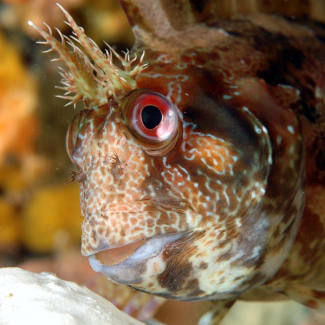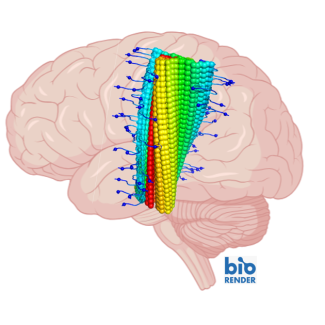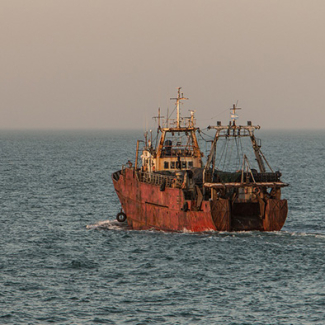
New Franco-Thai laboratory to investigate connections between biodiversity and human health
|
|
The CNRS, Mahidol University, and Kasetsart University will formalize the creation of the Health, Disease Ecology, Environment, and Policy (HealthDEEP) research laboratory on 12 July, in Bangkok. The research to be conducted at the Franco-Thai laboratory will focus on biodiversity and its links with human health. It will serve as a centre not only for collaborative research but also for training and dialogue with policymakers.
Urbanization, globalization, climate disturbances, and intensive farming are among the many current threats to Southeast Asian biodiversity conducive to the emergence of zoonoses. It has been estimated that the latter, which include SARS-CoV-2, represent 75% of all emerging infectious human diseases.1
To manage this threat to the environment and public health, the CNRS has teamed with the Universities of Mahidol and Kasetsart to found the HealthDEEP international research laboratory, to be based in Bangkok and Kanchanaburi, Thailand. Through this undertaking, France is strengthening its cooperation with countries of the Association of Southeast Asian Nations (ASEAN), participants in the One Health initiative.2
Acting as an observatory and centre for collaborative research projects, HealthDEEP will be a hub for investigations into the diversity of infectious agents, the ecology of transmission and conservation, and socioecosystemic approaches involving communities and local authorities. It thus aims to inform policy concerned with biodiversity, the environment, and human health, at the local and global scales, and to advance ecosystem-based solutions. HealthDEEP will also provide training for university students and young scientists from around the world.

© Chuanphot Thinphovong

Contact
Notes
- Data from World Organisation for Animal Health (https://www.woah.org/en/what-we-do/global-initiatives/one-health/).
- The One Health concept emphasizes the interdependence of living organisms and their ecosystems as it promotes a global, multidisciplinary approach to human health issues.


